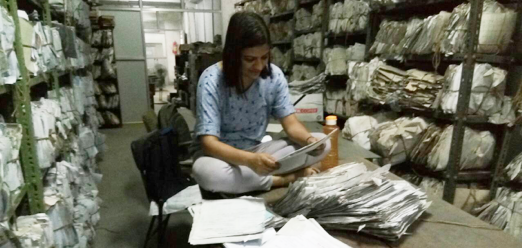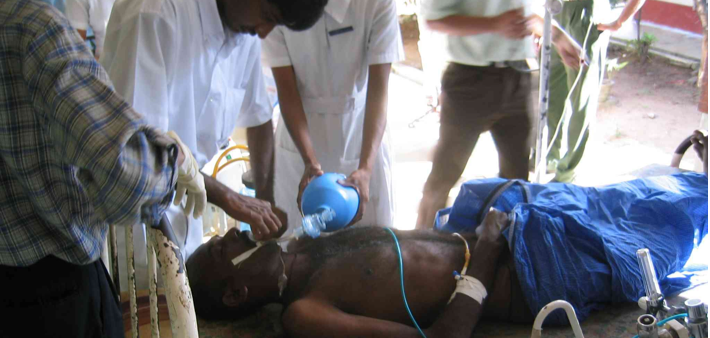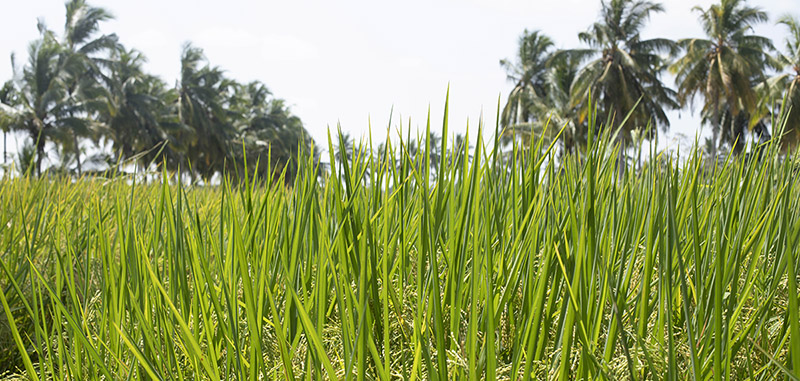
CPSP works to identify pesticides responsible for most harms if ingested, provide this information to the pesticide regulators to guide their policy making and regulatory decisions, and then observe the effect of these changes on suicides and other effects of pesticides.
In 2020-2021, CPSP will continue to cooperate with partners in India and Nepal, and engage with pesticide regulators in China (where the 2nd highest number of pesticide suicides worldwide occur) and seek new partnerships in South East Asian countries with the help of our collaborators in Sri Lanka (Dr Weerasinghe) and Taiwan (Dr Chang). We will continue our work to identify and quantify the issues of pesticides suicides in Africa.
CPSP continues cooperation with Dr SS Chang at the National Taiwan University to increase capacity to work on the agricultural and health effects of bans in Taiwan, Malaysia, Vietnam, and other countries. This will be in addition to modest direct funding for his ongoing observational study of a paraquat ban in Taiwan. CPSP sees dr. Chang’s work in Taiwan as a model for future research funding with funds set aside to support small projects where rapid response funding will allow rapid data collection around a pesticide ban or keep data collection going while grant applications are submitted.
CPSP provides guidance on studies and data collection to researchers in countries affected by pesticide suicides, as well as small amounts of funds (£20k per year), to take advantage of ongoing work that will address issues about the pesticide regulation and suicide. We will identify these studies through international meetings on suicide and regional pesticide regulator groupings (see below).





